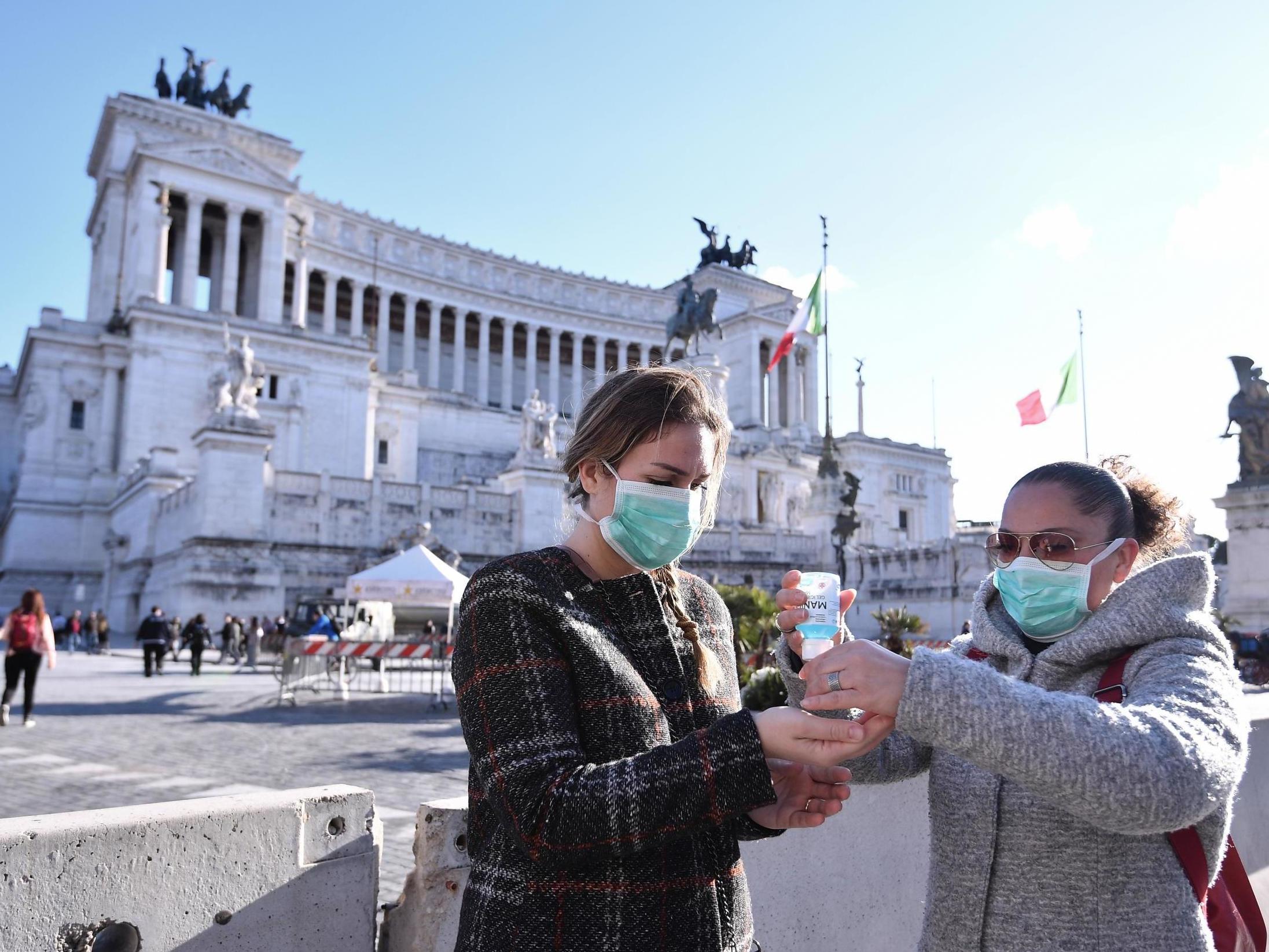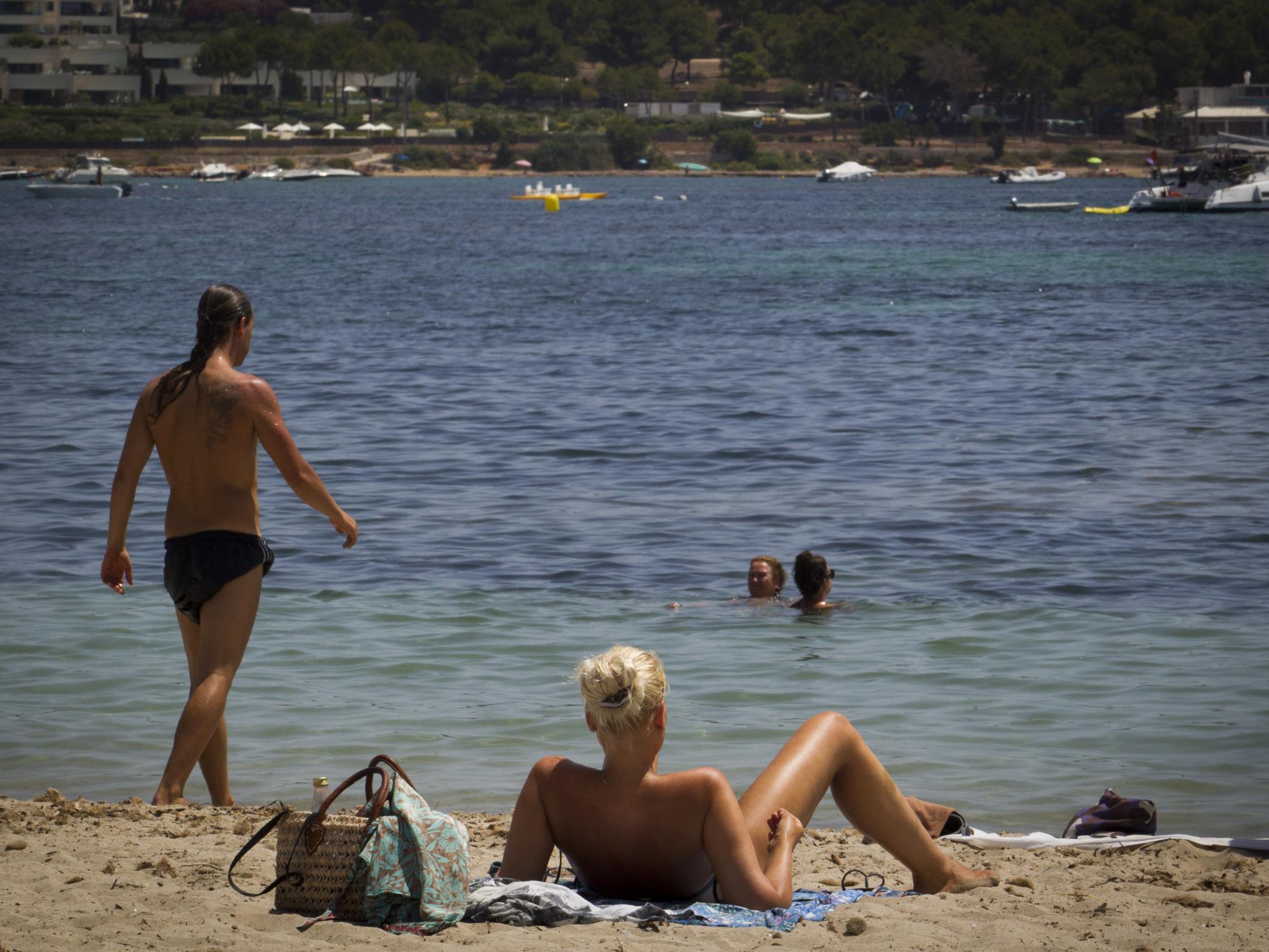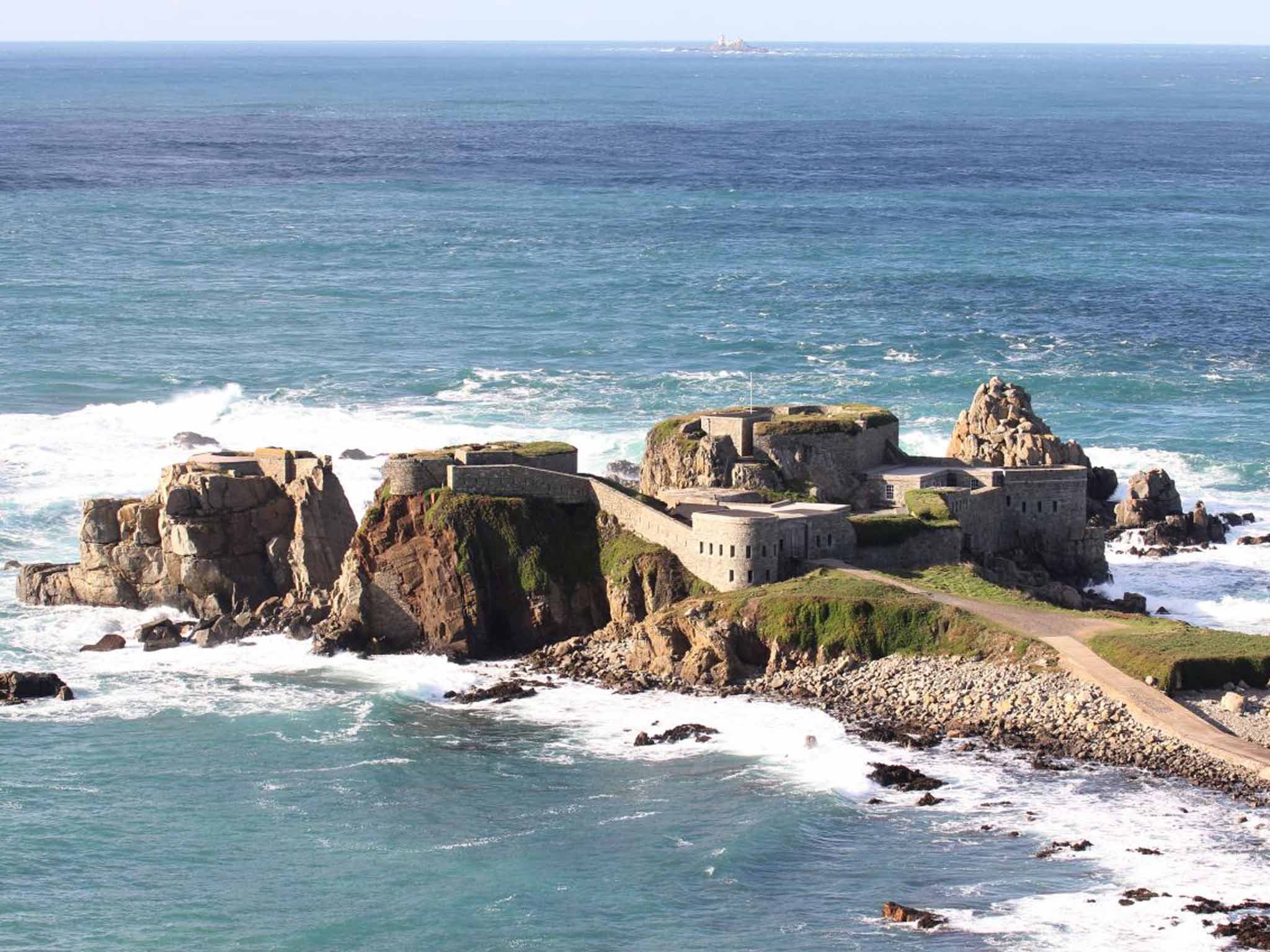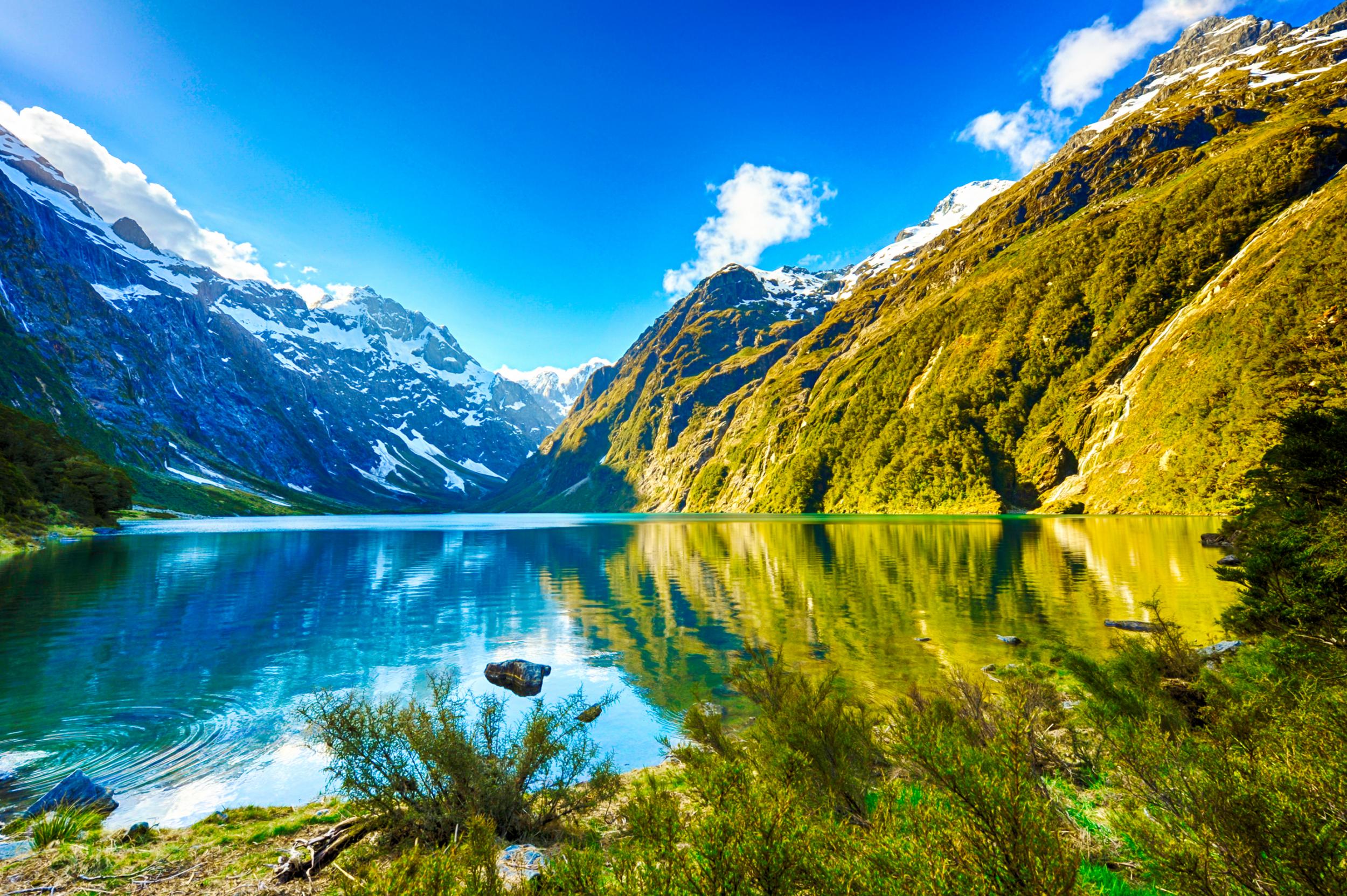Why have your travel tips encouraged rule-breaking?
Simon Calder answers your questions on the rapidly changing nature of travel during the pandemic


Q Why do you appear to be actively encouraging travellers to avoid or break the lockdown rules? Are you deliberately trying to encourage a further spike in Covid-19?
@uktravelaura, on Twitter
A I find your questions perplexing. Since this wretched crisis began, I have done my best to explain the UK government’s rapidly changing rules, to help travellers follow them to the letter.
I am not alone in finding some of the decisions baffling. For example, the entire African continent is regarded as too dangerous for British holidaymakers to visit, even though Tunisia and Rwanda have been singled out by the European Union for their outstanding management of coronavirus.
Canada is regarded as low-risk by the Foreign Office for outbound travellers, but as high-risk by the Department for Transport – so incoming passengers must self-isolate for two weeks.
And even though the quarantine policy assumes that those arrivals to the UK are carrying coronavirus, to reach home they are free to use as many buses and trains as necessary to get there. They can reduce the length of their sentence only by reversing the process and going abroad again.
When I explained this last point on ITV to someone who was due to come back from Spain (and thus go into quarantine) followed a week later by a trip to France, The Sun promptly reported: “Horrified fans watched in shock while he shared loopholes.”
Another episode occurred on Friday when I reported the Department for Transport’s somewhat belated ruling on transit through Belgium. The previous evening, the DfT had announced mandatory quarantine for arrivals from Belgium but failed to specify what it meant for the many people who drive through the country from Germany and the Netherlands to France.
Having analysed the published rules on transit, I tweeted: “Any interaction within the borders (changing trains/planes, refuelling a car, or going to a bar, a museum or a beach) renders the traveller liable to two weeks of self-isolation.”
I’m not sure that qualifies as actively encouraging travellers to avoid or break the lockdown rules.
Eventually, the government decided that if motorists pass through Belgium without pausing, they would not need to quarantine. And so I reported that, too.

Q If you travelled to a destination against Foreign Office advice, can you be sent back or not let into the country? If you make the decision to travel, what is the worst case: that you can’t get insurance?
Name supplied
A The advice that the Foreign Office has supplied to travellers for decades is just that: advice. While other countries, from Belgium to the US, actually ban their citizens from going to some places, the UK does not.
The fact that the government considers Portugal and Spain to pose “an unacceptably high risk for British travellers”, because of the levels of coronavirus in parts of those countries, does not impede journeys there.
Indeed, the boss of easyJet, Johan Lundgren, yesterday singled out Faro in Portugal (along with Nice in France) as one of the best-performing destinations for the airline from the UK this summer – which indicates thousands of British travellers believe that the dangers posed are not, in fact, “unacceptably high”.
Airlines will certainly not prevent you boarding a flight to a location on the “no-go” list, and indeed a widespread cause for concern this summer is from people who do not wish to travel against Foreign Office advice but find that their airline is saying, “Well, the seat is there – the fact that you no longer want to go there is not our problem.” This “use it, lose it or pay a fortune to rebook it” policy is both entirely legal and, for wary passengers, infuriating.
The destination will not turn anyone away who arrives with correct documentation. Border officials will not care that the traveller’s own government advises or instructs against going there (witness the normally prodigious number of Americans to be found in the streets of Havana, despite Washington DC’s best efforts to deter them).
Standard travel insurance policies include a clause that says they are invalidated if you travel to locations against Foreign Office advice. But cover for incidents that are not related to the reason for the no-go advice is not necessarily removed.
In the case of Spain and Portugal, you could rely on a European Health Insurance Card for medical treatment, and obtain a standard policy. The Insurance Act 2015 says: “If a loss occurs, and the term [voiding cover for going against official advice] has not been complied with, the insurer may not rely on the non-compliance to exclude, limit or discharge its liability under the contract for the loss if … non-compliance with the term could not have increased the risk of the loss which actually occurred.”
You may prefer to go to one of several insurers who specialise in providing cover for such places, including Battleface and Voyager. These policies are, inevitably, more expensive.

Q I booked flights to Alderney this morning through GoToGate, then tried to book a hotel who informed me we are not allowed to visit the island without going into quarantine for two weeks. They are refusing a full refund on flights. What are our rights?
Lara S
A Sorry about your predicament. Airlines tend to take a robust attitude to passengers’ responsibilities for finding out, and complying with, arrival restrictions. When easyJet started flying from Gatwick and Manchester to Moscow in 2013, some very cheesed-off travellers who thought they had grabbed bargain flights to the Russian capital soon discovered that a visa involves ferocious amounts of red tape and can cost more than the air fare.
You are attempting a less-ambitious journey to a delightful Channel Island, but the coronavirus protection policies put in place by the Bailiwick of Guernsey (which includes Alderney) look daunting: “Anyone entering the Bailiwick must by law self-isolate for 14 days on arrival. Leaving your home/accommodation during this 14-day period is not permitted for any reason at any time including exercise and grocery shopping etc.
“Therefore, if a UK visitor wishes to visit Alderney for a period longer than two weeks and is prepared to self-isolate for 14 days as soon as they arrive on the island, this is possible.”
That doesn’t look like a holiday to me, and I am not surprised that you don’t wish to take up the opportunity. I am, though, surprised by your decision to book a trip to Alderney through an online travel agent based in northern Sweden. At the best of times, GoToGate of Uppsala is not known for flawless customer service.
You may not thank me for saying so now, but a good, human travel agent would have spotted the problem well ahead of committing to it. There are three faint hopes I can offer. The first is that the Alderney quarantine rule may be abandoned before you are due to depart. The second: if you were directed to GotoGate by a fare-comparison website such as Skyscanner, you may conceivably persuade that organisation’s customer-service department to take your side. The third: approach the airline direct and ask if you can postpone your trip.
Sorry I can’t be more optimistic.

Q I have a holiday booked to New Zealand in January 2021. Flights are with Singapore Airlines via Singapore. What are the chances of borders being opened in time and my holiday going ahead?
Nigel B
A I speculate this is a trip you booked in February 2020, before the world became aware of the global threat posed by coronavirus. Since then New Zealand has performed better than any other major country in stifling the threat of Covid-19, to the point where life in the nation is more normal than anywhere else on earth.
Naturally, the country is extremely concerned not to import further cases of coronavirus.
As the Foreign Office says: “The New Zealand border is currently closed to almost all arrivals.” The exceptions are for returning New Zealand citizens and residents, very close family and a few other specific categories – none of which is remotely connected with tourism.
My leading contact in the country, Haydn Wrath of the tailor-made firm Travel Nation, says no significant changes are likely to happen before the general election on 19 September.
But after that, he speculates that New Zealand may begin accepting a few travellers.
“Pressure to open borders and allow visitors in will naturally mount as the southern hemisphere summer starts in the next couple of months,” he says.
There would be considerable personal cost, though. “Anyone entering New Zealand is required to undergo quarantine or managed isolation in an approved facility for a minimum of 14 days,” says the Foreign Office.
“Arrivals must then test negative for Covid-19 before entering the community.”
If you are prepared to do this, then that would open up the prospect of touring New Zealand – escaping not only the UK winter but all Covid-19 precautions.
There would also be a side benefit in reducing your personal exposure to coronavirus to virtually nil.
Then there’s the small problem of getting there. But Singapore Airlines and the city-state’s government currently allows transit at Changi airport for passengers between Heathrow and both Christchurch and Auckland in New Zealand. I hope that prevails into the New Year, and that you are willing and able to take a once-in-a-lifetime trip.
Email your question to s@hols.tv or tweet @simoncalder
Join our commenting forum
Join thought-provoking conversations, follow other Independent readers and see their replies
Comments
Bookmark popover
Removed from bookmarks